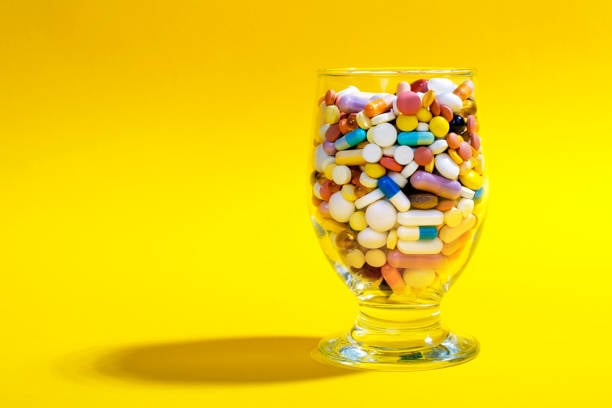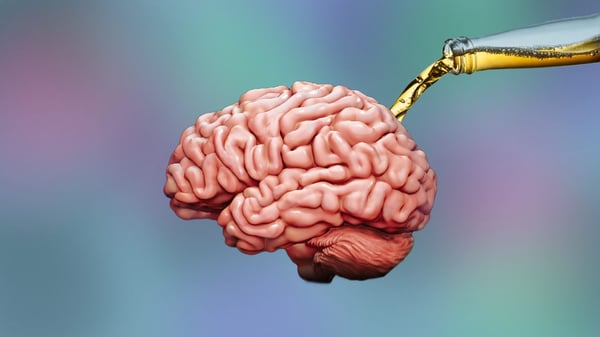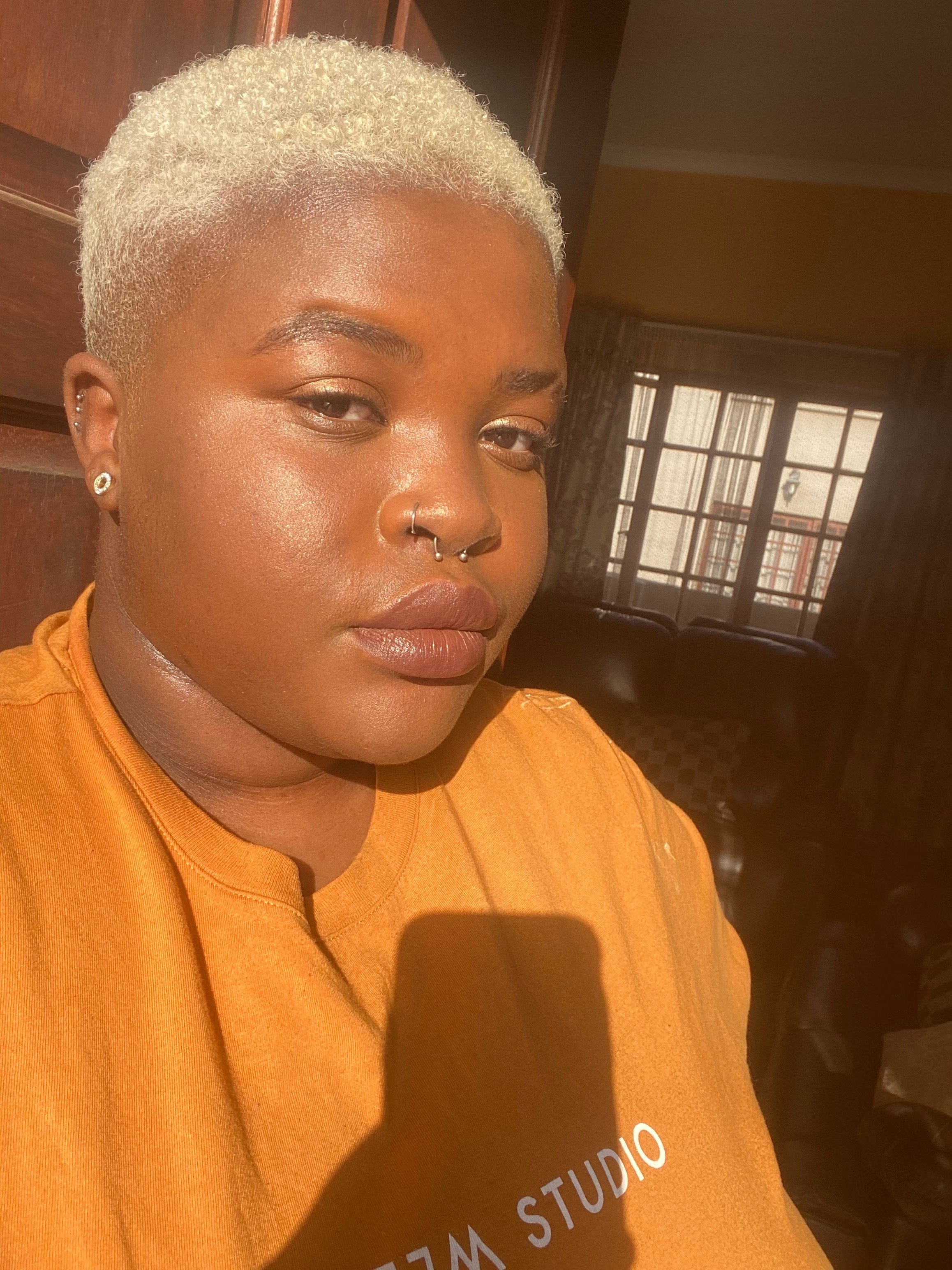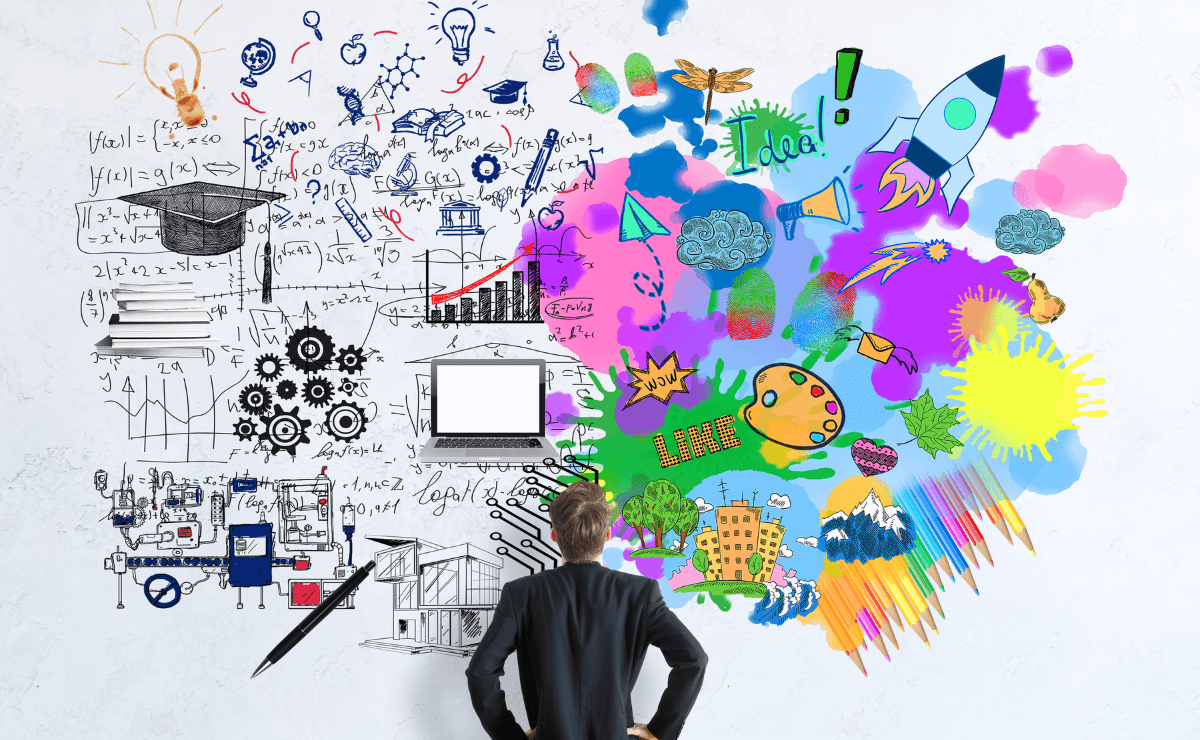Drinking alcohol is normalized in our society, but it’s not all date-night romance and fun in the sun.
Alcohol is an addictive substance that can negatively interact with medications and exacerbate pre-existing conditions—including attention-deficit/hyperactivity disorder, or ADHD.
Some people with ADHD may self-medicate with alcohol without even knowing it. It’s easy to understand why – alcohol can make you feel good; it offers relief and sometimes helps us relax. That sounds like a dream to someone with ADHD! So what’s the big deal? Can it really be that bad? Let’s dig in…
Too long; didn’t read
- The same part of the brain is affected by ADHD and alcohol
- ADHD symptoms (like impulsivity, controlling inhibitions, memory, and other cognitive abilities) can be worsened by alcohol
- Alcohol is a depressant. It seems to help your ADHD symptoms and help you relax – but it’s probably hurting you and may cause you to develop a dependence over time.
- ADHD is 5-10 times more common in adults who have an alcohol use disorder (AUD)
- If you think you need to address your drinking, consult with your doctor
The link between ADHD and alcohol

According to American Addiction Centers, ADHD is 5-10 times more common in adults who have an alcohol use disorder (AUD). This is because ADHDers have certain behavioral symptoms associated with using drugs and alcohol, like addictive tendencies and a lack of impulse control—and often at an earlier age than neurotypicals.
Dopamine and alcohol
Dopamine plays an important role in the connection. Those with ADHD may have reduced levels of dopamine1 compared to someone who doesn’t have ADHD.
Dopamine is a mood booster, and some of the things that can increase dopamine levels include: exercise, vitamin D (sunshine), healthy eating…and alcohol.2 The short-term relief we get from alcohol makes our ADHD brains ‘feel good’ – in turn, we may drink more and more often.
This cycle can increase our chances of developing a problem with alcohol.
Does alcohol make ADHD worse?
The short answer: yes.
Alcohol can make your ADHD worse. Those with ADHD are more likely to develop a problem with alcohol than someone who doesn’t have ADHD.
The bottom line: they’re not a good combination. But why?
The neuroscience of ADHD and alcohol use
Alcohol and ADHD affect the same part of the brain: the frontal lobe.
This is the part of the brain in charge of things like inhibition control, concentration, and impulse control (the same things many people with ADHD struggle with). If you’re already dealing with these challenges, adding alcohol is going to make them worse.
Alcohol is a depressant, which means that it slows down brain functions. It gives us that good, relaxed feeling—something to calm down those hyperactive brains we know and love! But, it’s not that simple.
Because those with ADHD are more likely to binge drink in order to get more of that “relaxed” feeling, they also have an increased chance of developing an alcohol dependency.
What’s the risk of alcohol?

A 2015 study investigated the link between ADHD and binge drinking, and found that participants with ADHD as adolescents were more likely to become binge drinkers as adults.3
Other ways alcohol can interfere with your ADHD:
- Amplify any tendencies towards risky behaviors
- Exacerbate physical and mental health problems
- Negative interactions with ADHD medications
The effects of alcohol on cognition
You're taking a risk when you mix your ADHD with alcohol. Drinking can affect things like judgment, balance, memory, cognitive abilities, and speech.
Since alcohol is an addictive substance, your risk for addiction increases as well.
Alcohol use disorder (AUD): an ADHD comorbidity
People who have ADHD are 43% more likely to develop an AUD due to their maladaptive reward system and increased likelihood to make decisions impulsively.4 In addition, 20% of adults who have an AUD also have ADHD.
AUD is a spectrum
According the the National Alliance on Mental Illnesses, some of the symptoms of substance use disorders (including AUD) are:
- Feeling like you need the substance to function properly
- Developing a high tolerance
- Behavioral changes, including increased risk-taking behavior
- Withdrawal symptoms
- Change in relationships with family and friends
If you are experiencing these symptoms or feel like you need to assess your relationship with alcohol, consult your doctor or mental health professional. It can be very dangerous, and even deadly, to quit drinking without medical assistance.
The dangers of self-medicating with alcohol
Some ADHDers use alcohol as a form of self-medication, but this almost always leads to worse problems. Not only are are the ADHD symptoms going untreated, but the effects of long-term alcohol use can compound health complications—physically and cognitively.
ADHD medication and alcohol: is it safe to combine them?

When determining which medication works best to help your ADHD symptoms, it’s important to understand how they interact with alcohol. (And any other substance you may use.)
Drug interactions
There are many ADHD medications to consider when trying to figure out what works best for you, but many have harmful side effects—adding alcohol can cause them to not work properly.
Coping and treatment
1. Visit your physician’s office
If you’re concerned about your alcohol consumption, talk to your doctor. While you’re there, it might be a good idea to ask them how your specific prescription may interact with alcohol.
The goal here is to find a solution that caters to both ADHD and the risk of alcohol abuse.
2. Moderation
If you’re struggling with drinking, try moderating your alcohol consumption and see if you notice a change. Moderate drinking is defined as 2 or less drinks for men, and 1 or less for women per day. According to the Dietary Guidelines for Americans, drinking less is better for your overall health, anyway!
3. Therapy
Therapy is a great tool to prioritize your mental health. Cognitive behavioral therapy has shown to be effective for both kids and adults with ADHD. If you’re not able to or aren’t comfortable speaking directly to a therapist, try the Inflow app to find support from others like you.
4. Lifestyle changes
In addition to therapy, making small lifestyle changes can greatly benefit your overall health. Eating well, staying hydrated, exercising, and practicing good sleep hygiene are some ways that you can give your well-being a boost.
5. Surround yourself with a supportive community
Having supportive people around you is extremely important. Use the internet and social media to meet new people. Join groups or attend events in your area to meet people. Prioritize time with family and friends.

.jpeg)






